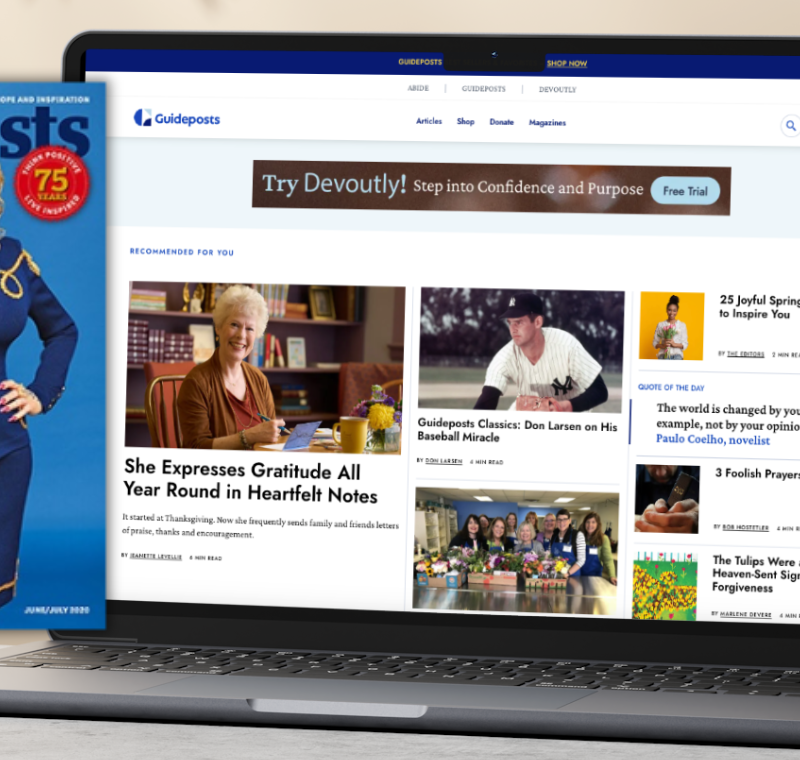[Video] ProPublica: leveraging the power of investigative journalism to take the fight to fake news
Founded in the US in 2007, ProPublica has partnered with more than 90 different news organisations, and won five Pulitzer Prizes over the course of its twelve year lifespan. With a moral mission ‘to expose abuses of power and betrayals of the public trust by government, business, and other institutions’ the organisation stands as a beacon of quality journalism within the current tirade of fake news and governmental assaults on the press. Despite this, managing editor, Robin Fields, does not necessarily believe that the level of mistruths out there is any greater today than it has been previously.
“I think that there are only debatably more lies now.” Says Fields. “I think that they are spread more virally and easily through the platforms, but also more skilfully. We’re not dealing with supermarket tabloids who are writing about space aliens. We’re dealing with very purposeful sort of troll farms and government run operations, that have a very definite goal of creating chaos, or whatever their goals may be. So I think that the things we are coping with are more complicated and more advanced in how they’re being done.”
So has the growth of social media been one of the driving forces behind spreading fake news even further? And if so, given that these platforms show no sign of disappearing anytime soon, how can this issue be combatted?
“Well they’re certainly being exploited and there are certainly holes in how they’re currently being overseen in trying to eliminate these sources. There isn’t any easy way for Facebook, and YouTube, and Instagram and all of them, to eliminate these kinds of content or identify it as clearly not news. Every test that’s ever been run has shown that they miss a ton of this stuff.”
“I think the only antidote that we know of is to first of all continue believing in the power of actual facts. And to continue to believe that although there are people in certain parts of the political spectrum that are committed to their own facts, as well as their own opinions, that there’s still a constituency of people there who can be swayed by genuine facts. And the power of those facts still has the power to shame people into doing things, and to change the course of policies and elections and directions of all kinds.”
“I have not lost faith in that. Maybe I should be more sort of downcast about the whole possibility of this, but it’s been our experience that lots of people from every part of the political spectrum can be affected by real, actual, proven, substantive reporting.”
ProPublica is somewhat unique in that it goes to great lengths to break down the fourth wall between journalists and audiences. In the social media age of ‘always on’ but perhaps not always reliable, the outlet has found that removing the curtain between stage and stagecraft has been an effective way to build transparency and trust with the reader.
“We fairly relentlessly show our work. Part of that is just us being nerdy! But we also do it because here we are, we’re a brand new news organisation, people don’t know us, we are digital natives. And this medium gives us the opportunity to show people the documents on which our reporting is based, to show people the data on which our reporting is based. Poke it, prod it, see it for yourself. Don’t trust me – see the raw stuff yourself and see what you make of it. That’s always been a huge component of our reporting process.”
“The other thing we believe in is that if we do make a mistake, and inevitably we’re human we will make mistakes, is to be as forthright as we can about them. That can give you a vulnerable feeling, but in the end it’s the only way to earn people’s trust and people’s belief, is to be honest about how you screwed things up!”
And finally, we asked Fields if this more transparent approach towards traditional journalism could be one of the key’s to restoring people’s faith in traditional media going forward?
“I think so. The other thing we’ve learned through all of this, is that people really don’t understand the journalistic process. We think that they do, but they don’t. And sometimes they think that they do, but they don’t. Inviting them into that turns out to be a crucial element in first of all making journalism inviting, and also showing that you have nothing to hide. That the entire process by which you do your job could be shown, and it might change the way that reporters are perceived, but not in a bad way.”
More like this
How Canon is using digital to breathe new life into print
IBM: artificial intelligence is not about to replace the human brain
[Video] Would you like voice with that? BBC Good Food on building its Alexa Skill








